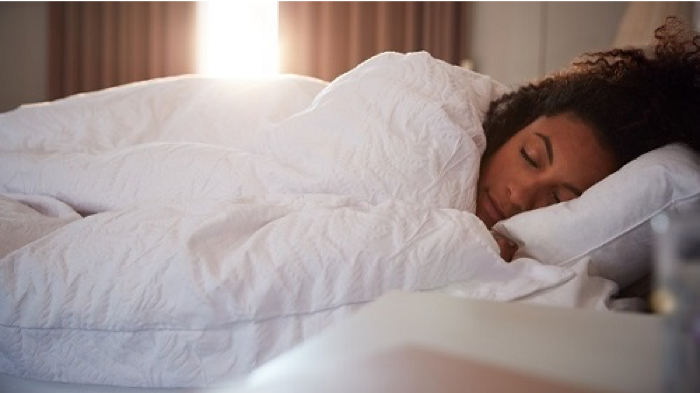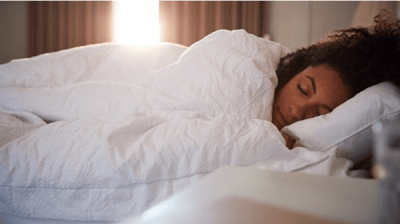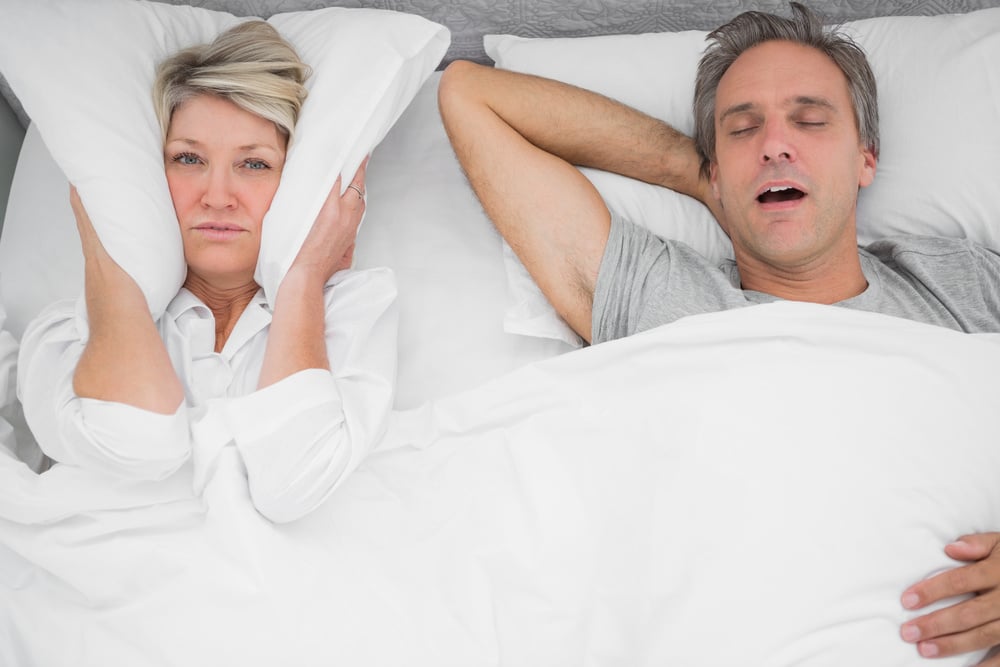Making Sure You Remain Healthy This Holiday Season
The holiday season is officially in full swing. It’s a busy time of year with lots of fun opportunities to get together with family and friends. It...
Manage your everyday finances with convenient accounts, flexible cards, and personalized service designed to fit your life.
At First Federal Bank, we offer flexible mortgage solutions for almost any situation, helping you secure the right financing for your dream home.
Business banking offers secure financial management, streamlined transactions, credit options, and tools to help businesses grow efficiently and sustainably.
2 min read
First Federal Bank : July 18, 2022 10:00:00 AM EDT

 If a good night’s sleep is hard to come by, Harvard Medical School recommends cultivating habits like regular exercise and consistent bedtimes while avoiding electronics, alcohol, and caffeine right before bed. You can also improve your sleep by turning your bedroom into a more relaxing environment — and these accessories are a great place to start:
If a good night’s sleep is hard to come by, Harvard Medical School recommends cultivating habits like regular exercise and consistent bedtimes while avoiding electronics, alcohol, and caffeine right before bed. You can also improve your sleep by turning your bedroom into a more relaxing environment — and these accessories are a great place to start:
A new mattress
You spend about a third of your life in your bed — so don’t neglect its condition. If your mattress is 6-8 years old or older, damaged, making you feel achy and sore, or triggering your allergies, Sleep Foundation suggests shopping for a high-quality replacement to reap the benefits of better sleep. The right mattress can work wonders, helping you sleep more deeply, giving your body the support it needs, and reducing pain.
Better pillows and linens
Selecting the right pillows and linens for your bed is essential for getting a good night’s sleep. When you choose a pillow, consider factors like the material it’s filled with (for example, down or memory foam), its firmness and thickness, the support it provides for your preferred sleeping position, and whether it’s designed to keep you cool as you sleep. When it comes to sheets, comforters, and blankets, consider the feel and comfort of the material, and make sure its breathability matches whether you run hot or cold when you sleep. Cleanliness is important, too, so make sure the pillows and linens you use are easy to launder.
Blackout curtains and eye masks
Making your bedroom as dark as possible will help your brain accept that it’s time to go to sleep. For starters, it’s a good idea to eliminate glowing electronics and other light sources from your sleeping area if at all possible. After that, installing blackout curtains or blinds will help to banish outside light from your bedroom. And if blackout curtains aren’t the right solution for you, a sleep mask is a good way to achieve a similar light-blocking effect.
Blue light blockers
Even if you’ve eliminated light sources from your bedroom, watching television, using your computer, and playing with your smartphone within two hours before bedtime can undermine these efforts. Per Healthline, that’s because electronic devices confuse your brain by emitting sleep-disruptive blue light. Fortunately, many products are available to counteract the effects of blue light, including apps that filter it from your computer or phone screen and special light-blocking glasses you can wear before bedtime.
A sleep app for your smartphone
Instead of letting your smartphone keep you awake, help it lull you to sleep instead. You can download a wide range of sleep apps geared to your specific needs. Some of these provide insights into your sleep habits, helping you avoid bad ones and cultivate good ones. Others provide meditation routines, music, and calming stories to ease and clear your mind as you wind down for the night.
Sleep is absolutely essential for good physical and mental health. If you’re struggling to nod off in a timely manner or achieve the deep slumber you need to recharge your body and mind, trying these accessories can be a great way to improve the quality of your sleep each night.

The holiday season is officially in full swing. It’s a busy time of year with lots of fun opportunities to get together with family and friends. It...

Whether you sleep alone or with a partner, snoring can have a negative impact on your well being. Not only is it disruptive, it can also pose a risk...

Stress may be an ever-present element of modern life, but managing it is vital for your wellbeing. When stress goes uncontrolled, it can lower your...
Manage your accounts, make payments, and more.
Open an account with us.